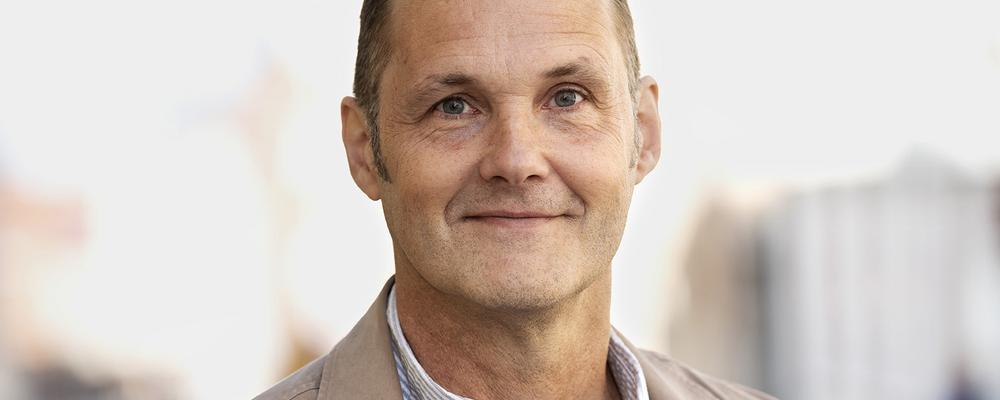When Tomas started his studies at the University of Gothenburg, his first course was Earth Sciences. The intention was to eventually get into the biology programme, which felt like the natural direction since he was very interested in nature during his childhood in Mariestad and for many years active in the environmental organisation Fältbiologerna. Gradually, however, his interest in society and social processes grew, resulting in studies in philosophy, international relations, economic history and sociology. His studies then led to a doctoral degree in sociology and in 2001 he wrote a thesis on attitudes to work in the post-industrial transformation of society. Since then, Tomas has taught and conducted research at the Department of Sociology and Work Science and led several research projects.
Tomas has also been involved in WE - Work and Employment Research Centre for a long time, both as director and since 2020 as deputy director. Over the years, WE has developed into an important arena for working life issues, and WE's webinars on sustainable working life in particular have been very well attended. On these occasions, researchers have the opportunity to present and discuss current research with participants within and outside academia.
What attracted Tomas to apply for the directorship of Wexsus was the focus on universities and actors in West Sweden where there is a great commitment to a transition towards a sustainable society that must now be realized.
– Wexsus provides an opportunity to see the big picture of the transition we are now entering, both in terms of ecological, social and economic sustainability. I want to drive development, but we need to understand the big picture and at the same time see both the opportunities and the risks. I like the challenge of that complexity," says Tomas.
He also brings with him experiences of transition work from the research program that he leads on the labour market challenges of the green transition in West Sweden, where the focus is on electrification and the conversion of the automotive cluster. The program will monitor the transition and its effects on residents, municipalities, authorities and other local actors, in terms of skills supply, infrastructure and population changes. The research program involves several higher education institutions in West Sweden with subjects such as business administration, economic geography and sociology.
– My quality as a research leader is to capture and see opportunities in projects and what can be done within them. To take a broader approach and see the implications of possible actions.
The directorship of Wexsus is a six-year appointment and Tomas will work just over half-time as director and continue the remaining time with his research. For the development of Wexsus, Tomas wants to emphasize the regional and West Sweden focus.
– Wexsus will be involved in these processes – to help with contacts between research and society, contribute with knowledge and understanding, and bring forth important and interesting development projects.
At the same time, Tomas believes that we must understand the region both in a national and in a global context. What conditions and limitations does the region face and deal with in the transition and how does the region affect the world and how does the world affect the region when we transition?
Pam Fredman has been acting director and led the organizational development since Wexsus was decided on in 2023 and will now gradually hand over the tasks to Tomas.
– Pam has built a house, now it's time to furnish it, concludes Tomas.
